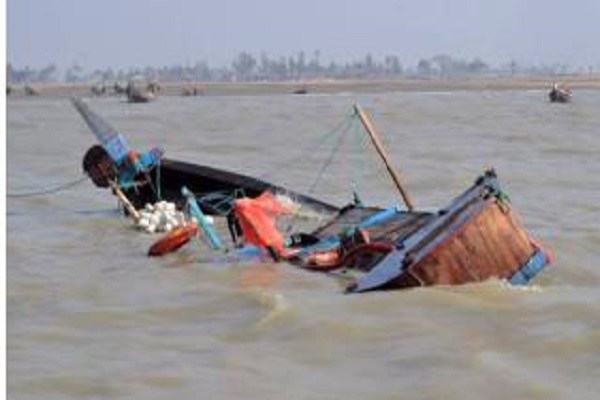SOKOTO STATE — Sokoto is once again in mourning as a string of fatal boat accidents continues to devastate riverine communities, exposing years of neglect in water transportation safety and repeated failures by authorities to act.
In just one month, 36 people have died in separate mishaps across Goronyo, Sabon Birni and Shagari Local Government Areas, pushing the death toll from boat disasters in the state to 74 since 2020. Families left behind remain gripped by grief, with many still waiting for missing loved ones who may never return.
The latest tragedy struck Shagari LGA on August 29, 2025, when a passenger boat capsized. One person was confirmed dead while an 80-year-old woman remains missing, three days after frantic rescue efforts. Survivors described the incident as terrifying, recounting how villagers searched tirelessly through the night without success.
Earlier this month, Kojiyo in Goronyo LGA witnessed one of the worst disasters. A heavily loaded canoe carrying over 25 people sank, leaving most unaccounted for. Only four bodies were recovered after two weeks.
In Sabon Birni LGA, insecurity worsened the crisis. As bandits invaded Garin-Faji village, residents scrambled into an overloaded boat to escape. The vessel capsized midstream, killing six on the spot, while three others remain missing. “It was a nightmare borne out of fear,” one survivor told NAN.
These recent tragedies echo Sokoto’s dark history on water. In 2022, Gidan Magana village in Shagari LGA lost 29 lives, including women, children, a traditional ruler, and a bride-to-be, when a canoe overturned on the Shagari Earth Dam. Similarly, in August 2020, nine women drowned in Birjingo, Goronyo LGA, after an overcrowded canoe ferrying farmers capsized.
Unsafe boats, hollow promises
Experts and humanitarian groups consistently blame the recurring disasters on unsafe practices: fragile wooden canoes, absence of motorised boats, lack of life jackets, and poor regulation. Most of the boats in use are old, overloaded vessels never meant for heavy traffic, yet they remain the only link to markets, schools, and farmlands for thousands of riverine dwellers.
Successive governments have repeatedly promised reforms — from providing modern boats to enforcing safety standards — but pledges remain largely unfulfilled. Civil society organisations are now urging the Sokoto State Government to declare a state of emergency on water transportation and enforce strict safety measures.
Insecurity compounds tragedy
The menace of banditry has forced villagers to flee under desperate conditions, often crowding into unsafe boats at night. For many, rivers have become both escape routes and watery graves.
As Sokoto counts 36 deaths in just one month, the pain of widows, orphans and parents echoes across riverbanks. The state’s rivers, once lifelines for trade and farming, have become symbols of mass grief.
Unless urgent intervention is taken, civil society warns, the rivers of Sokoto will remain mass graves for the poor and vulnerable — their only crime being survival.




